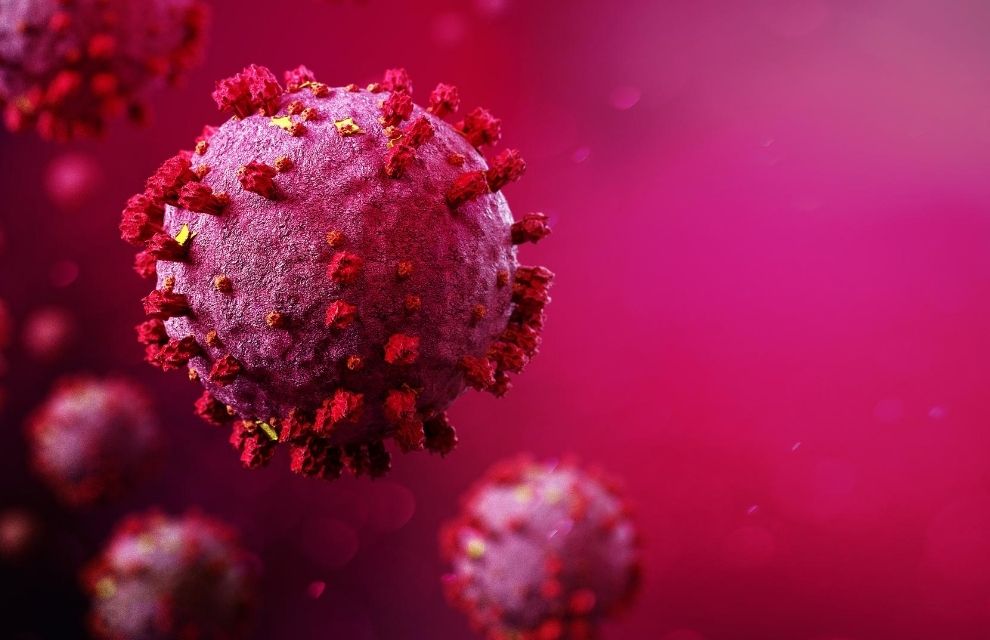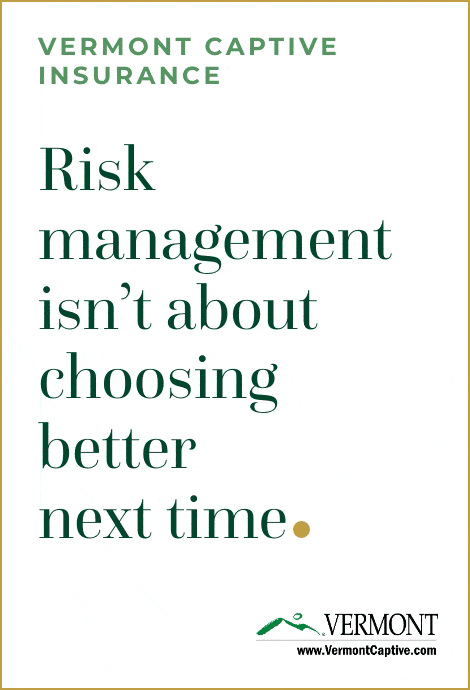Captives saw an overall positive immediate response to the challenges of the COVID-19 pandemic in supporting parent company business operations, according to a panel at the Vermont Captive Insurance Association’s (VCIA) virtual conference.
Speaking at the ‘Captives and unforeseen pandemic events’ panel discussion, Deyna Feng, director of captive programmes at Cummins, explained that captive coverage was a practical demonstration of the advantages of crisis event simulations in parent companies.
Meanwhile, Steven Bauman, director of global programmes and captive, North America, AXA XL, suggested that captives have had a positive response to the pandemic in terms of the immediate, flexible transition to a working from home model, although he did note that “big stress events inevitably carry some amount of fallout on carriers”.
Feng added there have been some challenges surrounding commercial coverage being withdrawn for pandemic coverage, as firms must create future captive solutions for pandemic events in conjunction with risk frameworks and writing capacity.
From a claims perspective, the most significant challenge has been the exponential spike in workers compensation claims from medical providers, according to Clare Bello, senior vice president of VCM, a medical malpractice division of Cannon Cochran Management Services Inc, which places stress on the industry as a whole.
In the longer term, Bello expects medical malpractice claims to cause hospitals “to lose tremendous amounts of revenue, on top of their inability to perform elective surgeries which is the cornerstone of revenue for many hospitals”.
However, she also recognised the COVID-19 pandemic has “created the opportunity for innovation in technology”, for example, recognised sole practice clients now use virtual conferencing and board meetings.
Regardless of adjustments to the work from home model, Bauman highlighted there is inevitably a large amount of property and business interruption playing out in the ‘new normal’.
He said: “There may also be delayed impacts to the supply chain as the true scope of the pandemic expands into other coverage, such as cyber or directors and officers (D&O) liability.”
Feng noted that Cummins has begun to assess which lines of coverage are most impacted in order to provide sufficient coverage for cyber, D&O and workers compensation. She noted: “This raises the follow-up question of whether companies should file claims locally or under global policies.”
Bello said: “There are constantly changing laws in every state to keep up with the technology around how to manage new workers compensation claims, as no-one has managed pandemic workers compensation claims before.”
She added that the future impact of medical malpractice is likely to involve coverage of professional liability of doctors for telemedicine.
Also weighing in, Robert Gagliardi, senior vice president of AIG, commented: “There is so much strain on the medical system, you worry what else we are not anticipating.”
However, he highlighted that captives take a more holistic approach towards employee wellness than traditional coverage.
He explained: “This is particularly important in a hardening market, as risk managers have the dual task of dealing with pre-existing market conditions and the impact of the COVID-19 pandemic. Many are remaining within the silos of their product line rather than creating holistic programmes, until they have the time and effort to do so.”
Gagliardi affirmed: “Current uncertainty may scare some people off of taking a risk in a captive.”
Returning to the issue of different state mandates, Bauman commented it is the same issue that was seen with cyber insurance. He noted: “Creating a new regulatory infrastructure carries a big risk for captives and insurance companies to not be compliant, which means they must carefully choose their partners.”
Expanding on this, Bello explained that different state mandates on what constitutes a COVID-19 claim and how to file for it creates constantly changing criteria and eliminates the ability to work backwards to ensure the claimant was in an employed function when they contracted the virus.
From a third party administrator perspective, Bello described keeping up with daily changes to be a “phenomenal whirlwind”.
She added: “Some states have extended the statute of limitations on medical malpractice cases, altering how cases are brought before a court over a longer period of time, which could potentially lose evidence quality from witnesses.”
In addition, courts are currently closed; therefore, captives will be significantly impacted financially as claims will be brought to trial together and settlements will be administered in bunches.
Looking to the future, the panel discussed whether the captive industry will continue to see the formation of group captives and risk pools to address exposures during the pandemic. Bauman cited: “It will be difficult, as there is currently so much volatility and captive solutions should be personalised to each individual company to ensure the best possible coverage.”
He added there will be a “definite lasting impact, so companies should now seize the opportunity to start taking on emerging risks, with captives being an ideal place to start”.






